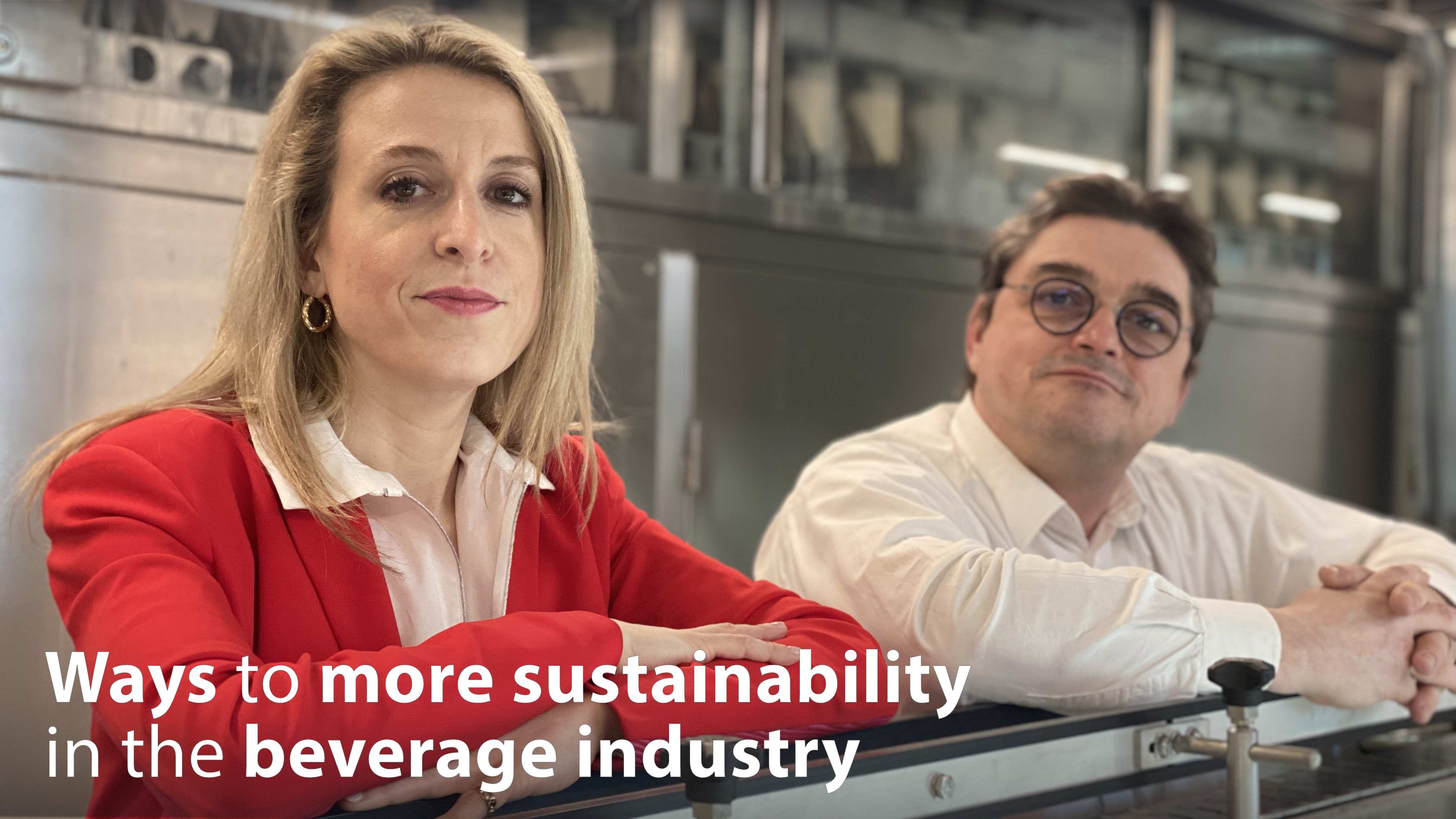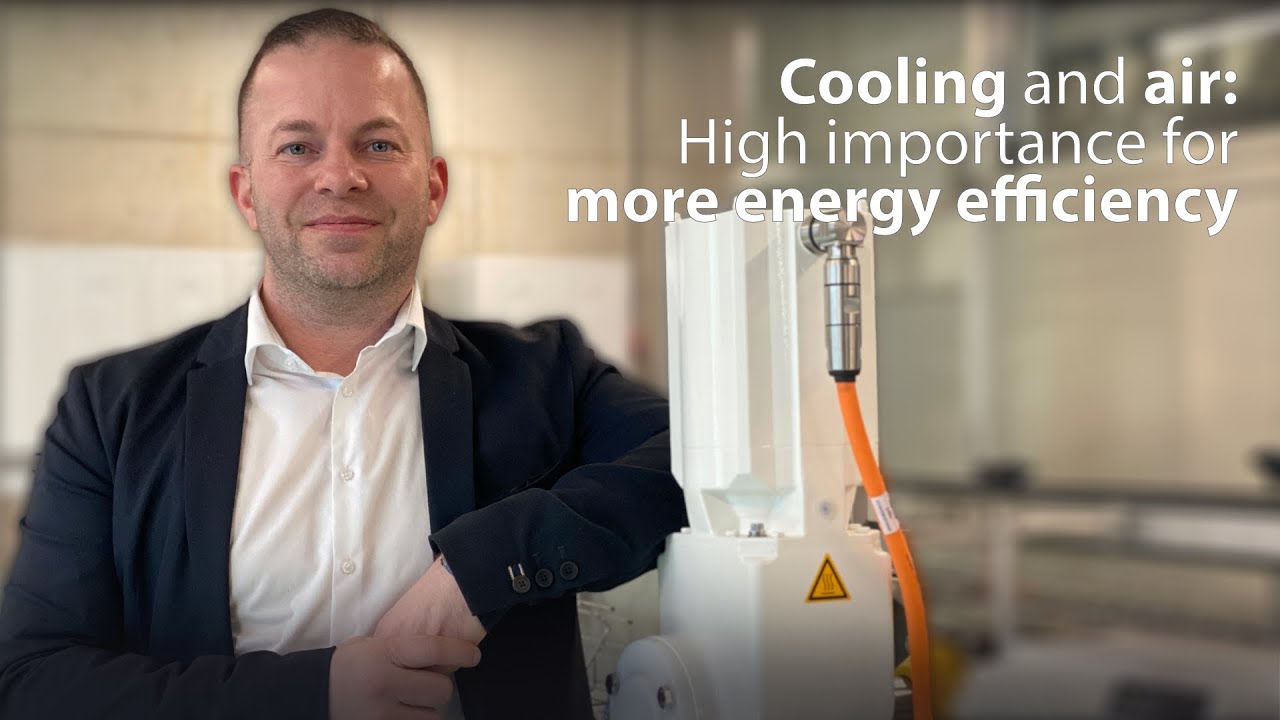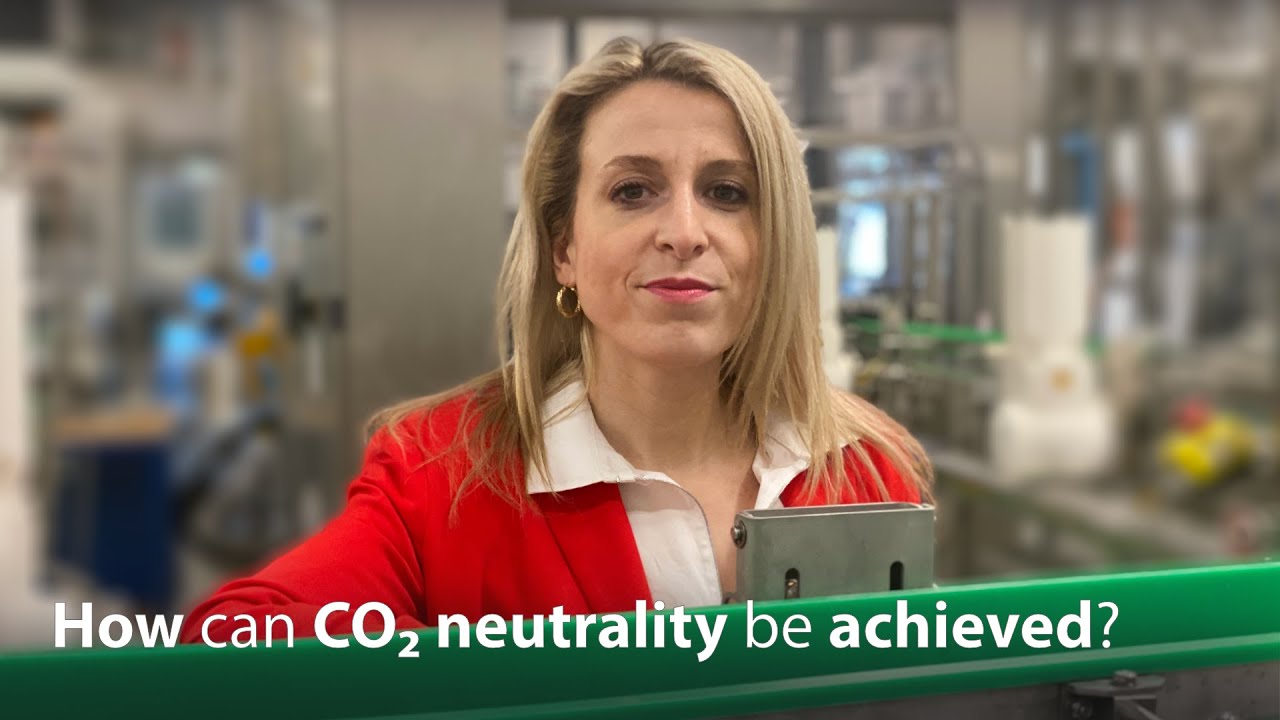Is the beverage industry too thirsty for energy?!
Energy prices climb to record high in 2022. Companies are also concerned about their energy supply security. This gives new impetus to topics that are already permanent fixtures on the strategic corporate agenda. The aim is to achieve greater sustainability through greater energy efficiency and lower CO₂ emissions. To achieve that, you need creative ideas. There is one question above all: What is the most efficient way to quench the beverage industry’s thirst for energy? Modern drive technology from Danfoss Drives can do a lot for you. See, among other things, what is possible with the example of the new teaching and experimental brewery of the Doemens Academy.
Ways to more sustainability in the beverage industry
Companies in the beverage industry face numerous challenges. Rising energy prices, for example, are putting pressure on margins. Policymakers are setting guard rails in the area of sustainability, and more and more consumers are demanding demonstrably fair or organically produced goods. Not everything revolves around the end product itself. On the way to becoming a sustainable company, it is also important to make your own production processes energy-efficient. However, greater sustainability already begins at the gates of one’s own company. This is because it is also important to optimize the supply chain in the direction of the lowest possible CO₂ emissions.
In the video, Dr. Gerrit Blümelhuber from the Doemens Academy, an internationally renowned training center for beverage industry experts, and Agata Fornasari from Danfoss Drives talk about ways to achieve greater energy efficiency in beverage industry plants. The focus is on modern drive technology. It enables users to make all production steps more energy efficient. You can also learn how Danfoss itself achieves high energy efficiency and low CO₂ emissions . realized in the company’s own production. The goal is CO₂ neutrality. This benefits users not only benefit from efficient and flexible drive technology in Scope 1 and 2, but can also count on a sustainably committed partner in Scope 3. a sustainably committed partner.
Save energy: The glass is only half full
The production of beverages is energy-intensive. Using beer production as an example, the infographics show that although only a quarter of the energy consumed is electrical, two-thirds of energy costs are nevertheless attributable to electricity. The electrical energy is used in all stations of the brewing process – from the malt house to the bottle cellar. Just under one fifth of the electricity consumed is used for filling. Of course, this can vary depending on the size of the company.
Nevertheless, the example clearly shows that it pays off both sustainably and economically when modern drive technology is used in beverage filling. In the new pilot plant of the Doemens Academy, a combination of highly efficient central as well as decentralized frequency converters and PM motors with IE5 classification drives the conveyor belts efficiently and flexibly. In this way, the inventory for spare parts can also be significantly reduced.
Read about the potential savings that the internationally renowned Doemens Academy wants to realize in its new teaching and test brewery with efficient and flexible drive technology from Danfoss. Further tips and in-depth knowledge on the smooth and energy-efficient use of separators in beverage production can be found in Tech Insight.

Ways to more energy efficiency in the beverage industry
You want to make your beverage production more energy efficient, but the way to get there is still a bit confusing?! This is where an energy efficiency business plan can help, allowing them to cover the following areas and plan effectively:
- Ways and means to reduce and optimize electricity consumption; this also includes controlling electricity demand
- Efficient ways to avoid energy waste, product waste, and product waste. Because this not only harms the environment, but also leads to unnecessary costs.
- Strategies that help you optimize the lifecycle of equipment and make maintenance and downtime predictable. These include, for example, Preventive and Predictive Maintenance.
- The use of smart technologies such as smart manufacturing or digital remote monitoring systems that allow you to keep an eye on your production at all times and from anywhere in the world.
Energy efficiency: speed control is the be-all and end-all
Modern drive technology can make an important contribution to all these points, enabling you to leverage the energy and cost efficiency potential in your beverage production. For example, the affinity laws for centrifugal pumps and fans state that reducing motor speed by 25% reduces energy consumption by almost 60%. If the engine speed is reduced by 50%, the energy consumption is reduced by almost 90%. Speed control in itself therefore offers a very good starting point for leveraging energy efficiency potential. Users of Danfoss drive technology even benefit twice: In addition to lower costs for more efficient energy consumption and reduced environmental impact, the high return on investment of just a few months after commissioning is a plus.
Incidentally, smart maintenance measures also reduce energy consumption and costs in beverage industry operations. With predictive maintenance with condition-based monitoring or DrivePro Services – such as digital remote monitoring – users ensure the availability of their production lines. Find out here what is possible when it comes to smart maintenance strategies for the beverage industry.

By loading the video, you agree to YouTube's privacy policy.
Learn more
Why "air" also plays a major role
In production plants, and in the beverage industry in particular, air-conditioning and building services solutions are an essential factor for an efficient, energy-saving overall system. Together with our partner Novenco, a major manufacturer of fans, Danfoss has developed the ‘EC+’ concept. EC+ is a combination of an efficient fan with an efficiency of about 92%, a highly efficient PM motor with an efficiency of about 95% and a frequency converter from Danfoss with an efficiency of 97%. Thus, an overall efficiency of about 85 % is realized. René Grywnow from Concentric AB explains in the video exactly what role speed control of fans and air conditioning technology plays for the beverage industry.
Example from the beverage industry:
How does a brewery quench its thirst for energy?
Brewers under pressure: Energy efficiency in breweries has room for improvement, find Dr. Gerrit Blümelhuber of Doemens Akademie and René Grywnow of Concentric AB. Have brewers slept through new technologies? In this episode of Drehmoment – Der Antriebpodcast, the two industry experts discuss new markets, new requirements, new technology and more energy efficiency in breweries. The podcast is only available in German.

By loading the video, you agree to YouTube's privacy policy.
Learn more
Reduce energy consumption = reduce CO₂ emissions
Energy efficiency plays the most important role in reducing CO₂ emissions. After all, the less electricity consumed, the less CO₂ is emitted. However, even the most modern methods of power generation still result in CO₂ emissions, albeit to a much lesser extent. Rule number 1 is therefore: The greenest and at the same time cheapest energy is that which is not consumed in the first place. Of course, this also applies in the beverage industry.
In the video, Agata Fornasari from Danfoss Drives explains these connections and shows how drive technology from Danfoss Drives plays a key role in optimizing energy consumption and reducing CO₂ emissions in users’ bottling plants. An amazing reduction of about 35% – depending on the application, of course – is possible.
